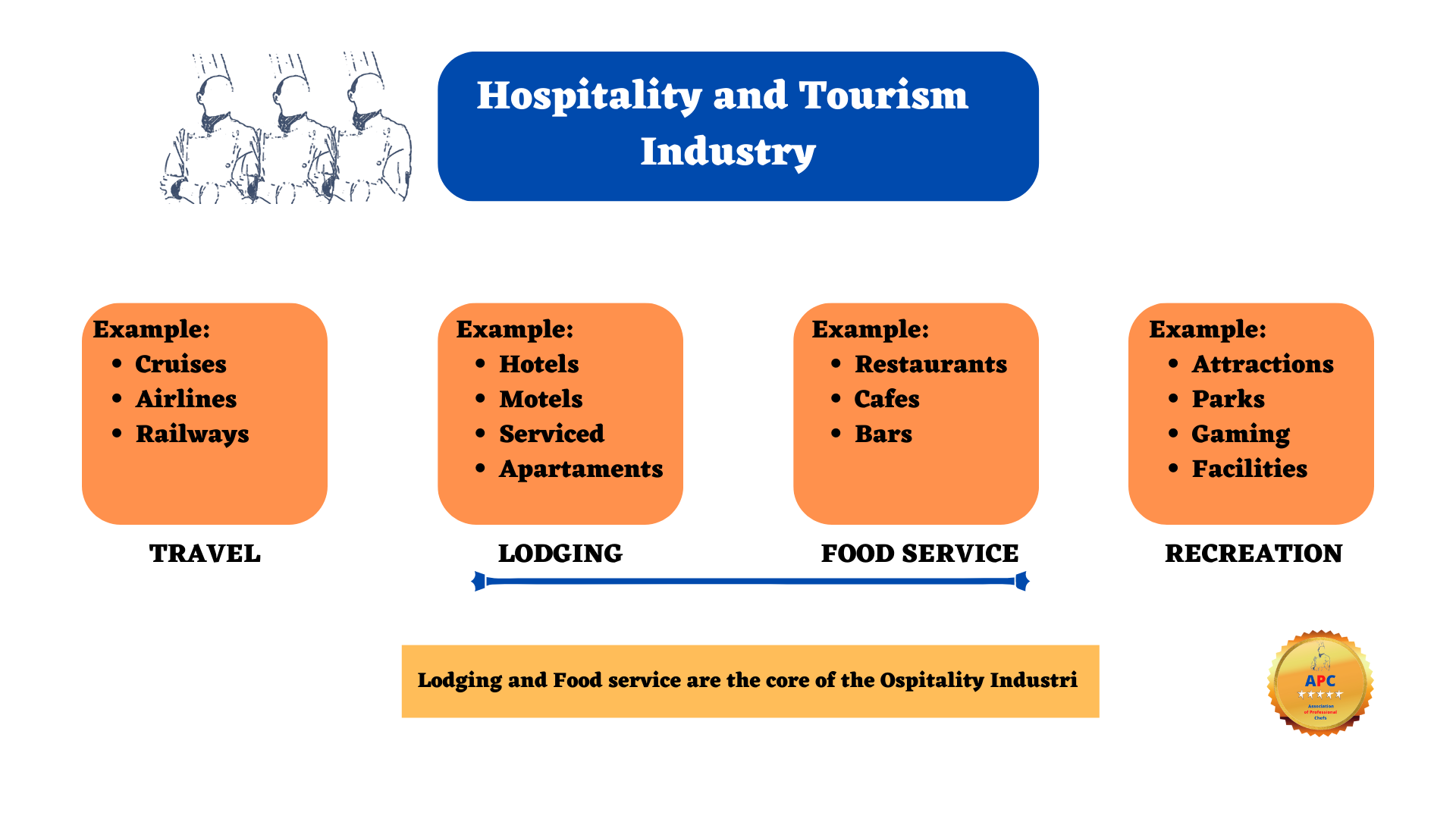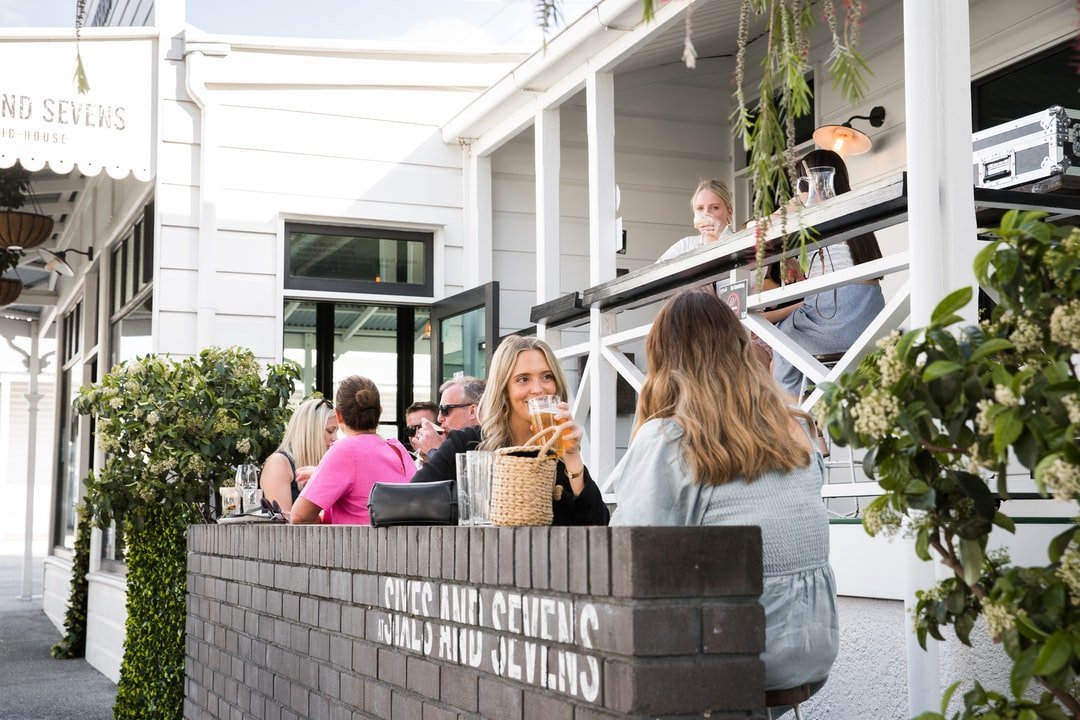Characteristics of the Hospitality Industry
Understanding the Hospitality Industry:
Providing Excellent Customer Experience
The hospitality industry is a unique and diverse sector that offers numerous services such as accommodation, food and beverage, travel, leisure, and entertainment. This industry heavily relies on customer service and caters to people from all walks of life, making them feel comfortable and enjoy their experience. To ensure customers are satisfied, the hospitality industry should exhibit certain characteristics such as friendliness, flexibility, responsiveness, attention to detail, and an understanding of customer needs. Service providers must also create memorable experiences for their guests and maintain high standards of cleanliness and safety to ensure a safe environment for customers.
Defining hospitality is not a straightforward task, as it encompasses both tangible and intangible elements in the service delivery process. There has been an ongoing debate on how to best describe this industry, with some focusing on the stakeholders involved, mutual benefits generated, and the industry's impacts on society and the economy. Another interpretation of hospitality pertains to the relationship between a customer and a host. When we talk about the "Hospitality Industry," we are essentially referring to organizations that offer food, drinks, accommodation, and other amenities to individuals who are away from their homes.

There are five key characteristics which relate to the hospitality industry:
Product/Service
Communication
Relationships
Cultural Diversity
Labour
The Challenges of Working in Hospitality
We comprehend the difficulties associated with working in hospitality. Unlike other industries, hospitality is unique in its nature, which places a strong emphasis on human interaction and exchange during service delivery. This service-oriented sector demands a specific skill set and approach to work effectively.

1. Product-Service Mix
In the hospitality industry, customers rarely consume pure products but a mixture of products and services.
For example, one who dines in a restaurant will not only pay for the food and drinks but the services provided by the servers. The bill has covered both tangible and intangible experience.
Tanglible
Tangible features
For example, a steak as the main course, a glass of house wine, well groomed service staff and decoration of the restaurant.
As products and other tangible features can be easily imitated by competitors, hospitality operations which aim for high-end customers and ‘superior’ quality gradually spend more and more resources in enhancing the service standard as a strategy of differentiation.
Intangible
Intangible features
For example, a comfortable dining atmosphere or the friendly attitude of staff. A successful hospitality business does not only count on its products and services, but also how they are delivered.
The qualities of staff and the way they deliver the service are often more important than the tangible products in making a hospitality experience satisfactory or unsatisfactory. Hence, the two features can contribute to the total experience in the service delivery process.

2. Two-way Communication
Achieving Service Excellence in Hospitality: The Importance of Effective Communication
Effective communication is a critical factor in achieving service excellence in the hospitality industry. This requires active participation and involvement from both customers and service staff throughout the service delivery process. By engaging with customers, service staff can gain valuable insights into their needs and expectations, allowing them to respond in real-time.
Effective communication is also crucial between internal staff and inter-departments, as providing customers with a satisfying experience typically involves teamwork and the exchange of information within the organization. By fostering strong communication both internally and externally, your hospitality business can maximize customer satisfaction and build a positive reputation.

3. Relationship Building
The Importance of Customer Loyalty in the Hospitality Industry
For the hospitality industry to thrive, it heavily relies on repeat business from customers. By establishing long-term relationships with customers, organizations can generate stable revenue regardless of seasonal fluctuations, all while building brand reputations through word-of-mouth. To promote brand loyalty, various lodging and food service sectors offer membership programs that provide perks and incentives to frequent customers. However, top management believes that building a sense of "friendship" between front-line staff and customers through a high degree of personal attention and customization is the most effective way of winning customer loyalty in the long run.

4. Diversity in Culture
Cultural Diversity in the Hospitality and Tourism Industry
The close relationship between the hospitality and tourism industries naturally means that those involved - whether customers or staff - will encounter a range of cultures through their interactions with others. Working in hospitality means regular engagement with customers from various regions, as well as colleagues with diverse backgrounds and beliefs. This can lead to conflicts and misunderstandings, especially when differing religious beliefs and values come into play. As such, staff members must remain open-minded and work together to find solutions in order to effectively carry out their duties. It is important that staff have a general understanding of different cultures, so that they can provide flexible services based on their customers' national backgrounds.
Customer Perspective
From a customer’s perspective:
From a customer perspective, many individuals choose to abstain from meat consumption for a variety of reasons, including religious or social beliefs and personal preferences. Hence, it's vital for restaurants to incorporate vegetarian options into their menus. Not only does this cater to a more diverse customer base, but it also demonstrates an understanding of their needs.
Staff Perspective
"Respecting Colleagues' Religious Beliefs: A Staff Perspective"
It's essential to acknowledge and honor the religious beliefs of our colleagues, especially those who follow Islam, in regard to the food we offer. To demonstrate our respect for their beliefs, we must abstain from providing pork or any food items derived from pork.

5. Labour Intensive
Staffing in the Service-Oriented Hospitality Industry
The hospitality industry is highly labor-intensive, as it aims to deliver a memorable experience to its customers. This is particularly true for high-end establishments catering to discerning clientele. For example, fine dining restaurants and five-star hotels maintain a high staff-to-guest ratio to provide personalized services. While technology can streamline some aspects of the service process, customers still demand human interaction and customized attention. As a result, the industry requires a significant amount of labor and invests substantial resources in recruitment and training to meet workforce demand.
Scope of the Hospitality Industry

Exploring the Meaning of "Guest" and its Connection to the Hospitality and Tourism Industries
A "guest" is an individual who seeks lodging, food, or entertainment services from a hotel, restaurant, or similar establishment. This term has created a perception that the hospitality industry and the tourism industry should have some degree of overlap.
Defining the Scope of the Hospitality Industry
Despite its ambiguity, the hospitality industry is generally understood to encompass all lodging and food service operations. However, some experts have suggested that it should also include other tourism-related activities like airlines and theme parks.
In practice, the hospitality industry comprises not only hotels and restaurants but also a variety of other organizations that offer food, drink, shelter, and related services. These products and services serve both visitors and locals alike. The hospitality industry is generally divided into two main sectors:
Accommodation: Providing lodging, food, and drink to people who are away from home.
Food and Beverage: Providing food and drink to local, commuting, and transient customers, as well as tourists.
Three Key Objectives for Hospitality Managers
Managers in the hospitality industry must prioritize the following three objectives to ensure success:
Creating a welcoming environment for customers
Ensuring that customer needs are met efficiently
Maintaining quality service while also meeting budget constraints.
Next Lesson
Opting for a career in the hospitality industry has its benefits and drawbacks. Ultimately, your aptitude and inclinations should guide your career choice.
To assist in your decision-making process, we've compiled a list of the advantages and disadvantages associated with working in hospitality. To gain more in-depth knowledge and insights, refer to this comprehensive guide if you're contemplating a career in this exciting and demanding field.



